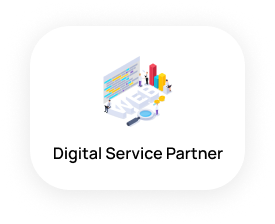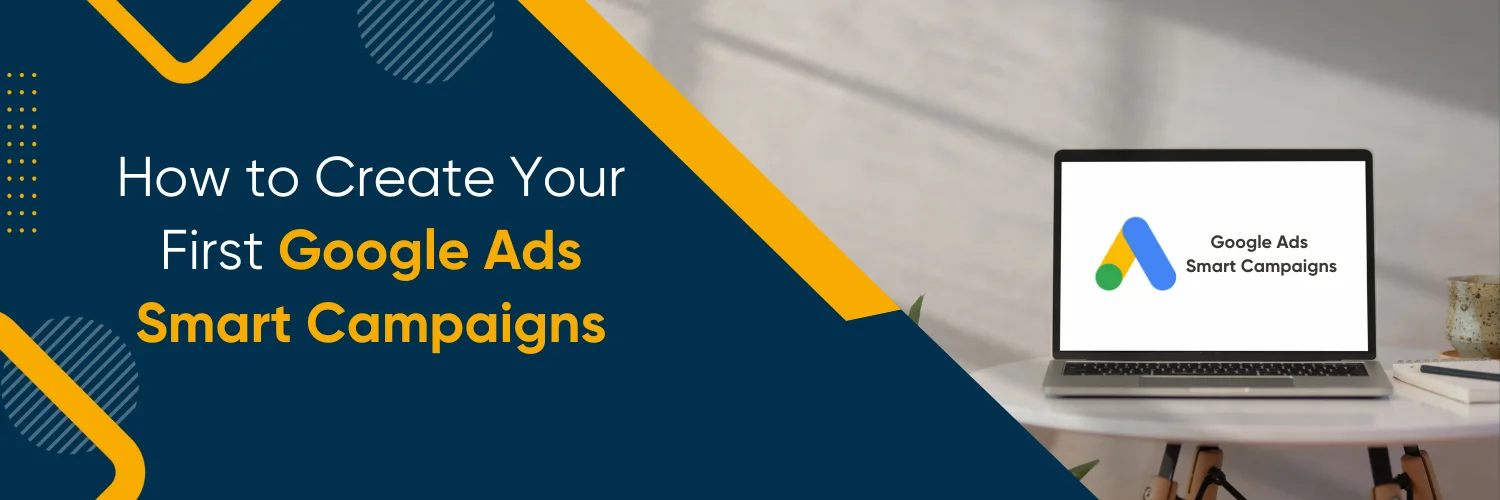Artificial Intelligence (AI) for Lead Generation

In today’s digital age, lead generation plays a crucial role in the success of businesses. It involves attracting potential customers and converting them into leads, ultimately driving sales and revenue. With the advancements in artificial intelligence (AI), lead generation has become even more powerful and effective. AI technologies enable businesses to automate processes, gather valuable insights, and deliver personalized experiences to prospects. In this blog, we will explore the top 10 lead-generation techniques empowered by AI that are expected to dominate the landscape in 2023.
#1 – Personalized Email Campaigns

Personalized email campaigns, powered by AI, have revolutionized lead generation. AI algorithms analyze customer data to tailor emails based on individual preferences, behavior, and demographics. This personalization enhances engagement and boosts conversion rates. The benefits of personalized emails include higher open and click-through rates, improved customer satisfaction, and increased brand loyalty. To implement successful personalized email campaigns, it’s important to segment your audience, craft compelling subject lines and content, and leverage AI tools for automation, data analysis, and optimization.
#2 – Chatbots and Conversational AI

Chatbots and conversational AI have become invaluable assets for lead generation. AI-powered chatbots can engage with website visitors, answer queries, and collect relevant information. They provide immediate responses, 24/7 availability, and personalized experiences. Chatbots streamline the lead qualification process by gathering essential details and identifying high-potential leads. Successful implementations include using chatbots for customer support, lead capture, and lead nurturing. Best practices for using chatbots effectively involve designing intuitive conversational flows, integrating natural language processing capabilities, and continuously improving based on user feedback.
#3 – Predictive Analytics and Lead Scoring

Predictive analytics, combined with lead scoring, empowers businesses to identify and prioritize leads with the highest conversion potential. AI-driven predictive models analyze historical data and customer behavior patterns to predict future actions and outcomes. By assigning lead scores based on various factors such as demographics, engagement level, and online activities, businesses can focus their efforts on leads most likely to convert. Implementing predictive analytics and lead scoring requires leveraging AI tools and platforms that provide data analysis, machine learning algorithms, and integration with customer relationship management (CRM) systems.
#4 – Social Media Monitoring and Engagement

AI-powered social media monitoring tools enable businesses to track brand mentions, customer sentiments, and industry trends in real-time. By monitoring conversations and engaging with prospects on social media platforms, businesses can identify potential leads and nurture relationships. AI technologies help in identifying relevant keywords, sentiment analysis, and automated responses. Strategies for engaging with leads on social media include crafting personalized messages, sharing valuable content, participating in conversations, and leveraging chatbots for quick responses.
#5 – Content Personalization with AI

Content personalization is a powerful lead generation technique that uses AI to deliver customized content based on individual preferences and behavior. AI algorithms analyze user data to understand their interests, purchase history, and engagement patterns. This information is then used to recommend relevant content, products, or services, thereby increasing engagement and conversions. Techniques for implementing content personalization with AI include leveraging recommendation engines, dynamic content generation, and A/B testing to optimize the effectiveness of personalized content.
#6 – Voice Search Optimization

With the rise of voice assistants and smart speakers, optimizing for voice search has become crucial for lead generation. AI-driven voice search optimization involves adapting website content, keywords, and user experience to match voice search queries. By understanding user intent and delivering accurate answers, businesses can attract voice search users and generate leads. Successful voice search optimization strategies include creating conversational content, using structured data markup, and optimizing for local search queries.
#7 – AI-Powered Landing Pages and Forms

AI-powered landing pages and forms enhance lead generation by optimizing user experience and conversion rates. AI algorithms analyze user behavior, preferences, and demographics to dynamically adjust landing page elements, such as headlines, images, and call-to-action buttons, to maximize conversions. AI can also streamline form filling by auto-populating fields, providing suggestions, and reducing friction. Designing effective AI-powered landing pages and forms involves conducting A/B tests, monitoring analytics, and continuously refining the user experience based on insights.
#8 – Automated Lead Nurturing

Automated lead nurturing, powered by AI, enables businesses to nurture leads at scale and increase conversion rates. AI algorithms analyze lead data, behavior patterns, and engagement history to deliver personalized and timely communication. By automating lead nurturing campaigns, businesses can send targeted emails, relevant content, and offers based on each lead’s stage in the buying journey. Strategies for implementing successful automated lead nurturing involve mapping out customer journeys, segmenting leads, creating relevant content, and leveraging marketing automation platforms integrated with AI capabilities.
#9 – Data Analysis and Segmentation

Data analysis and segmentation are vital for effective lead generation. AI technologies assist in processing and analyzing large volumes of data, identifying patterns, and segmenting leads based on demographics, behaviors, and preferences. AI-driven data analysis and segmentation provide valuable insights into customer needs, preferences, and pain points, enabling businesses to tailor marketing efforts and generate higher quality leads. Implementing AI-driven data analysis and segmentation requires leveraging data analytics tools, machine learning algorithms, and CRM systems integrated with AI capabilities.
#10 – Influencer Marketing with AI

Influencer marketing, combined with AI, can amplify lead generation efforts. AI technologies assist in identifying influencers who align with a brand’s target audience and values. By analyzing social media data and engagement metrics, AI can determine the reach, relevance, and authenticity of influencers. Partnering with influencers through AI-powered platforms enables businesses to tap into their followers’ networks, generate brand awareness, and drive leads. Successful influencer marketing campaigns with AI involve setting clear objectives, establishing authentic partnerships, and tracking performance metrics.
Conclusion

The top 10 lead generation techniques with AI for 2023 offer immense opportunities for businesses to thrive in a competitive digital landscape. By harnessing the power of AI in personalized email campaigns, chatbots, predictive analytics, social media engagement, content personalization, voice search optimization, landing pages, automated lead nurturing, data analysis, and influencer marketing, businesses can enhance their lead generation efforts and achieve better conversion rates. It’s essential to continuously adapt to emerging AI technologies and stay updated with industry trends to remain at the forefront of lead generation in the future.
To take your business to the next level and capitalize on the power of AI for lead generation, partner with Ubique Digital Solutions today. Our team of experts specializes in implementing AI-driven strategies tailored to your business needs. Don’t miss out on the opportunity to boost your business’s success. Follow us for more insightful content and reach out to us to discuss how we can help you achieve your lead generation goals with AI.
FAQs
Q: What is lead generation?
Lead generation refers to the process of attracting and converting potential customers into leads. It involves various marketing strategies and tactics aimed at capturing the interest of individuals who may be interested in a product or service.
Q: How does AI improve lead generation?
AI improves lead generation by automating processes, analyzing data, personalizing experiences, and optimizing marketing efforts. AI technologies enable businesses to gather insights, deliver targeted messaging, identify high-potential leads, and enhance customer engagement.
Q: Are these techniques applicable to all industries?
While these techniques can be applied to various industries, their specific implementation and effectiveness may vary based on the nature of the business, target audience, and marketing goals. It’s important to adapt and tailor these techniques to the specific industry and audience.
Q: How can I measure the success of AI-powered lead generation techniques?
Measuring the success of AI-powered lead generation techniques involves tracking relevant metrics such as conversion rates, lead quality, engagement levels, and return on investment (ROI). Analytics tools, CRM systems, and AI platforms can provide valuable insights into the performance of these techniques.
Q: What are some common challenges in implementing AI for lead generation?
Common challenges in implementing AI for lead generation include data quality and availability, integration with existing systems, privacy and ethical considerations, and the need for skilled personnel to manage and optimize AI-driven processes.
Q: Can I use a combination of these techniques?
Absolutely! In fact, using a combination of these techniques can often yield better results. Each technique addresses different aspects of lead generation, and combining them strategically can create a comprehensive and holistic approach to generating high-quality leads.
Q: Are there any budget-friendly AI solutions for lead generation?
Yes, there are budget-friendly AI solutions available for lead generation. Many AI platforms offer flexible pricing plans based on the specific needs and scale of businesses. Additionally, open-source AI tools and frameworks provide cost-effective options for implementing AI-driven lead generation techniques.
Q: What skills are required to implement these techniques effectively?
Implementing these techniques effectively may require skills in data analysis, AI algorithms, marketing automation, content creation, and campaign optimization. Collaborating with AI specialists, data analysts, and digital marketing professionals can help leverage these skills effectively.
Q: How long does it take to see results from AI-driven lead generation?
The timeframe to see results from AI-driven lead generation techniques can vary depending on factors such as the complexity of the implementation, the size of the target audience, and the level of competition. It’s important to have realistic expectations and continuously monitor and optimize campaigns to achieve desired outcomes.
Q: What are the ethical considerations when using AI for lead generation?
Ethical considerations when using AI for lead generation include ensuring data privacy, transparency in data usage, avoiding discriminatory practices, and obtaining consent from individuals for data collection and processing. Adhering to ethical guidelines and regulations is crucial to maintaining trust and protecting the rights of customers.















